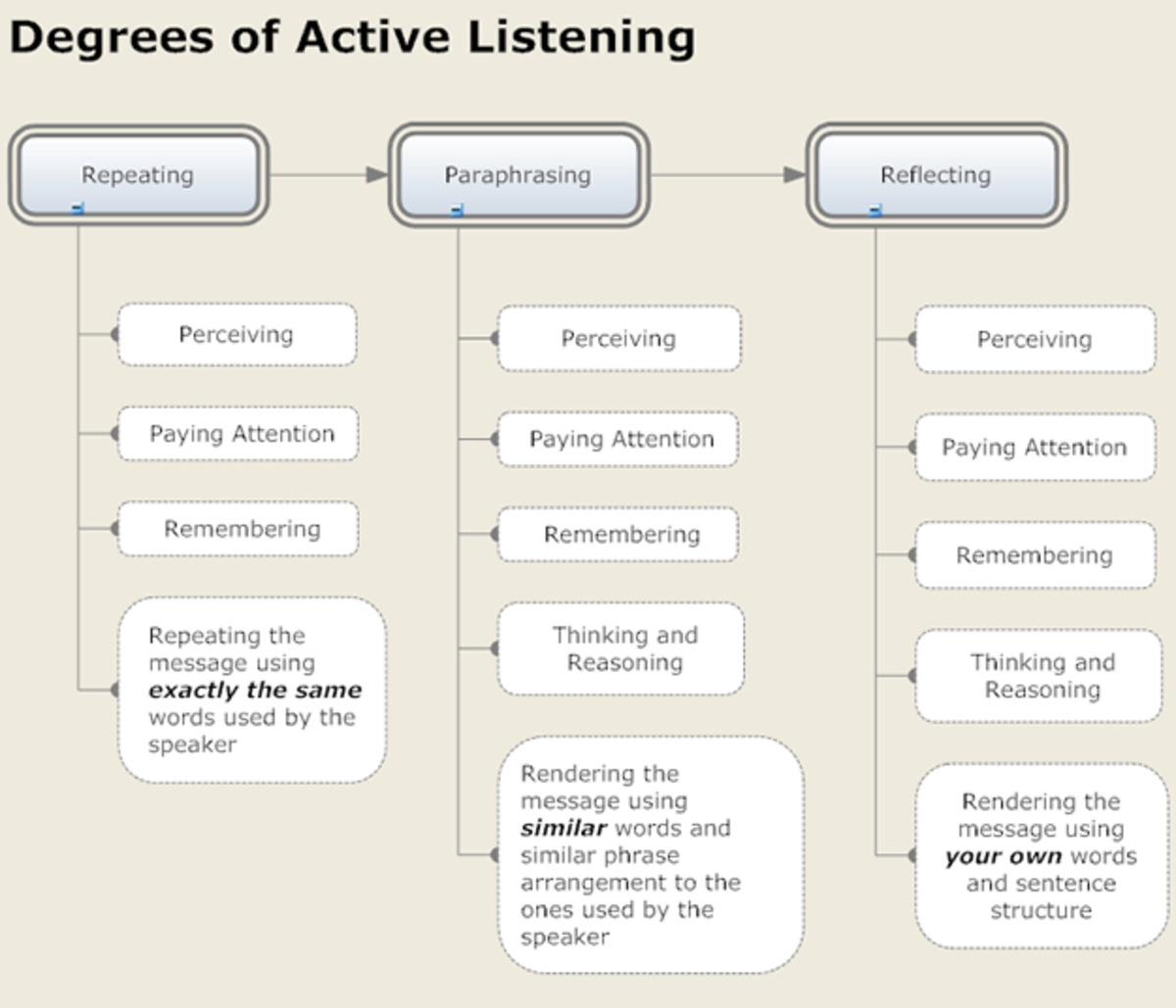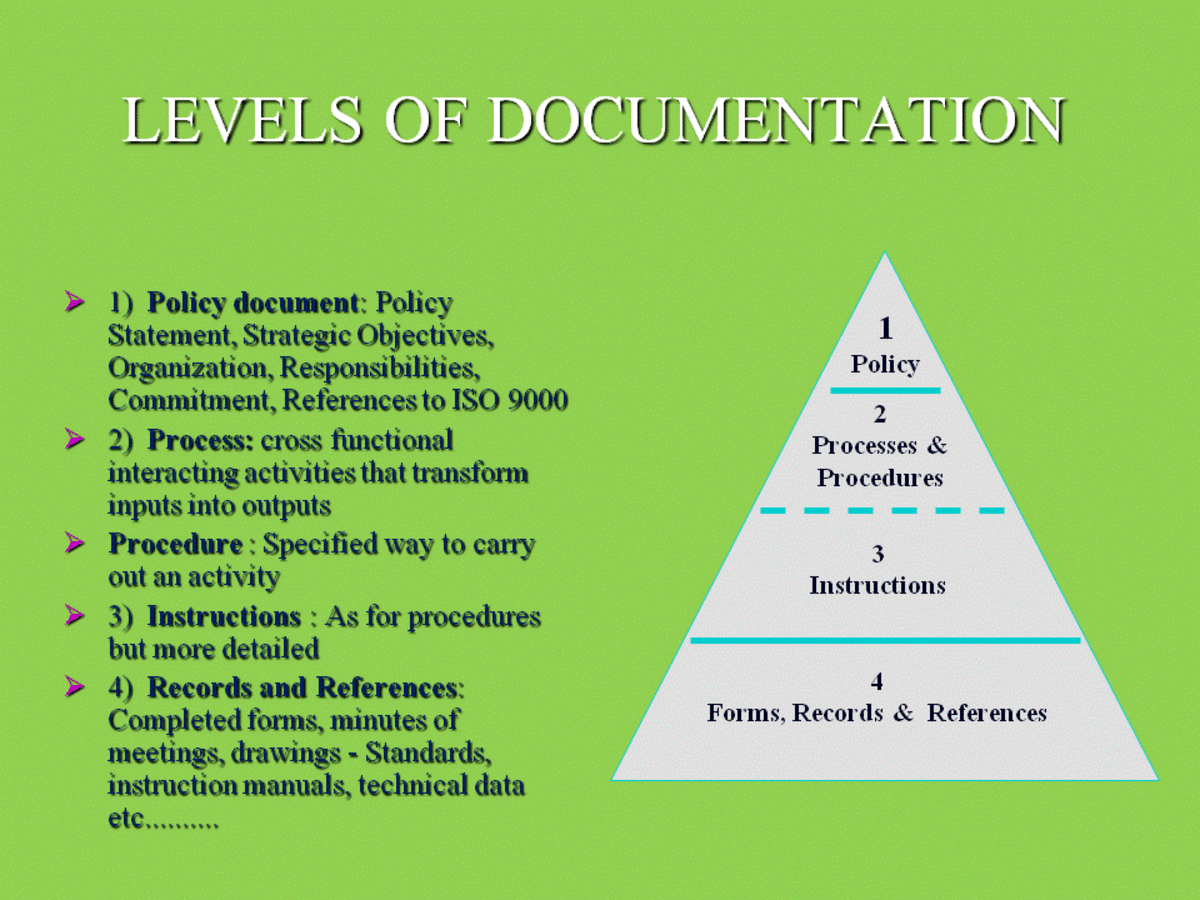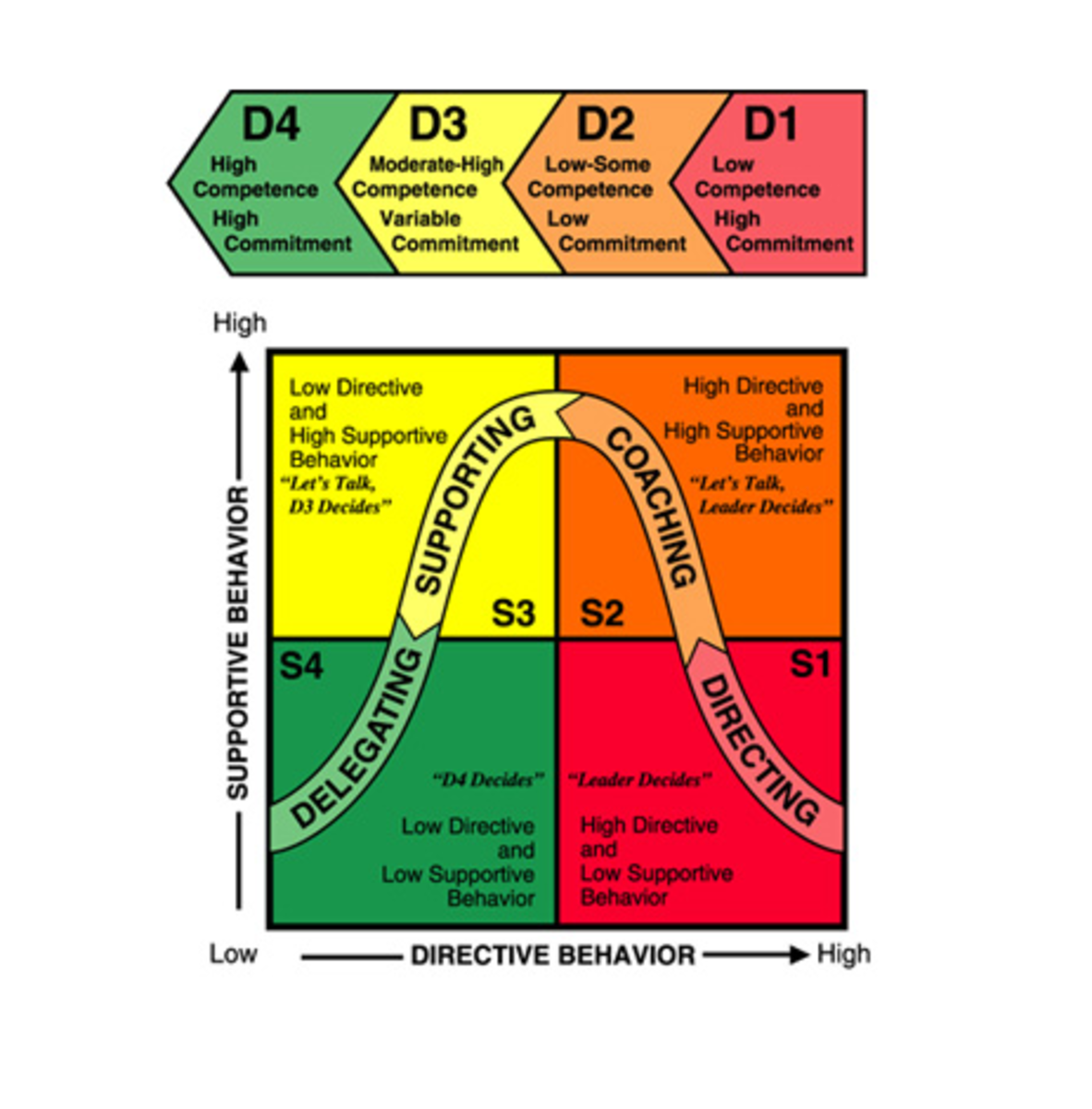Effective Listening
The art of listening
“But communication is two-sided - vital and profound communication makes demands also on those who are to receive it... demands in the sense of concentration, of genuine effort to receive what is being communicated.”
Roger Sessions
American Composer
The communication process
In theory, the communication process is very simple. All you need is a sender, a message, and someone to receive it. But the process cannot be considered a success until the message has been understood. We read the words and hear the sounds but do we always really grasp what is intended? Who has the greater responsibility; the sender or the receiver? I like to think of it as a tie. We often write about how to speak to someone; let’s take a bit of time to talk about listening.
Listening requires constant concentration. Good listeners not only need to take in the detail of the conversation, they also need to be mindful of the intent. Poor listening skills can lead to misinterpretations, incomplete stories and preconceived notions. It falls to the listeners to overcome their bad listening habits and work to improve their attention span.
Hints for the challenged listener
Concentrate There’s a lot of hard work that goes into listening and many appreciate the fact that someone is paying attention to what they are saying. Much of our everyday lives is spent in conversation and it is not only good practice, it is also good manners, to take in what is being communicated to us.
We think and listen about four times as fast as we can speak and that gives listeners the edge. We can anticipate what is coming next, mull over the points they are making and start to formulate a response. Be careful, however, not to let your mind wander while developing your argument. Stay focussed on the speaker.
Be receptive It is important to not pre-judge the merits of the subject being discussed; this can lead to ‘zoning out’ and the glassy eyed stare off into the distance is usually a dead give-away. Hear the speaker out; you may be surprised by what they have to say. It is easy to let flaws in the speaker’s line of reasoning distract you. Concentrate on the theme of the discussion. Only be concerned with the key points. You won’t be able to remember every detail of the discussion. (This is where taking notes can come in handy)
Keep you emotions in check It is unlikely that you will agree with everyone you speak to. You may even strenuously object to their tone as well as their point of view. In cases such as these do not let your emotions interfere with your listening. You will only be able to provide an accurate rebuttal if you take in all their points and formulate your response accordingly. Do not interrupt, sigh, fidget or roll your eyes. Speakers may try to use emotional language to elicit a sympathetic response; look beyond the words being used to determine the true meaning of the dialogue. Human nature leads us to dismiss points of view that we are opposed to. To listen effectively we must take great care not to ‘switch-off’ when we hear things we don’t like.
Personality The personality of the speaker can often affect the way we hear their message. We may not like them and so dismiss their point of view in spite of its validity. Conversely, a gifted speaker can influence an audience with a charismatic display presenting an argument without any real substance. Once again concentrate on the true meaning of the message.
The listening environment Whenever possible, try to make it as easy for you to listen as you can. There are many things in your environment you can control; switch off noisy appliances, close doors and windows to shut out background noise or move out of hearing range of others.
Whether it is at home or at work, listening (and understanding) completes the communication process. Our language has a number of expressions that deal with this; falling on deaf ears, hearing but not listening, and yet it is still, in general, largely ignored. Many conflicts, at personal and international levels, have started through misunderstanding that arose from not listening. It is a skill that we should all strive to become better at.








